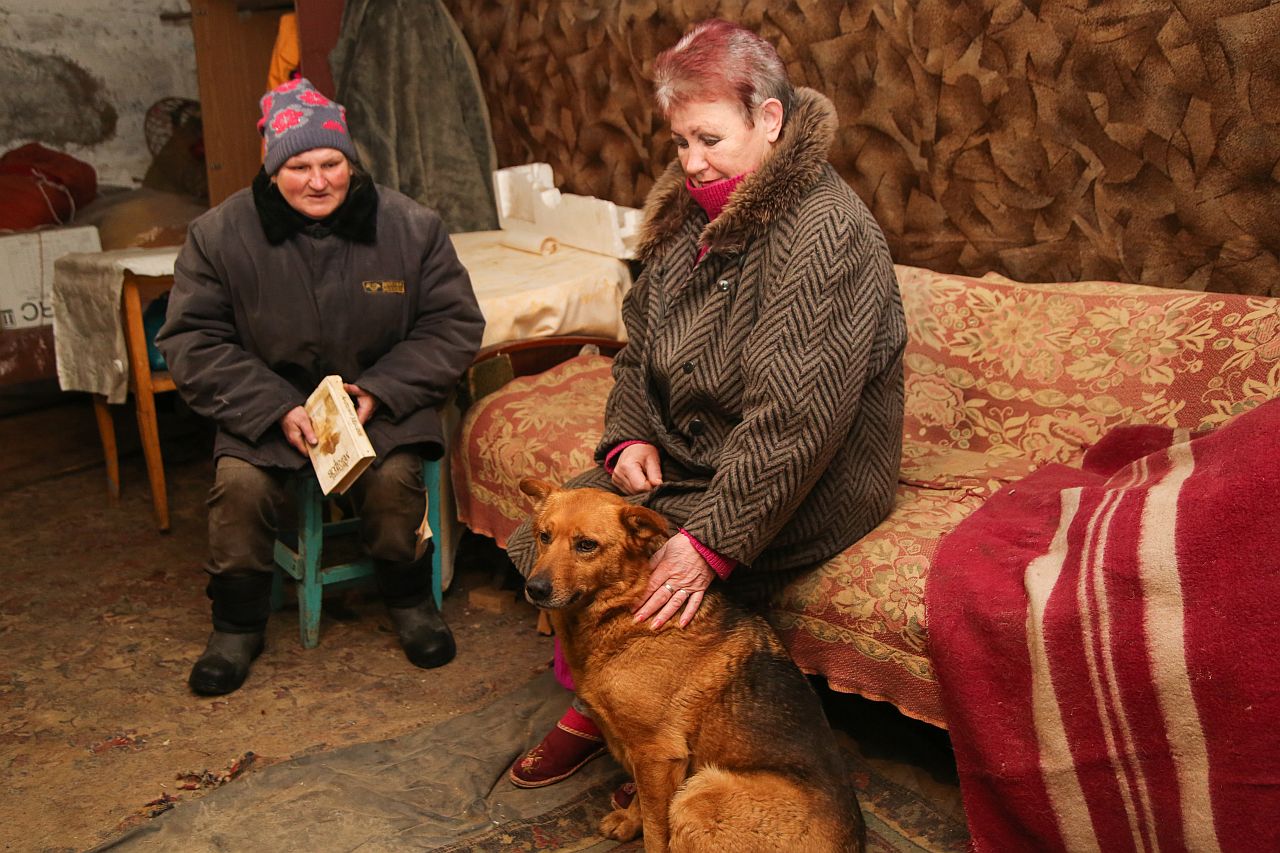Ukraine: A Crisis Recedes, a Fog of Ambiguity Descends
The announcement by Russia’s Defence Minister, Sergey Shoygu, on 22 April that Russia would be withdrawing the forces it had assembled for the ‘snap exercises’ launched on 7 April has been met by as much confusion as relief. In the time that has passed since that announcement, statements by the Biden administration and the proposed Biden-Putin summit have increased confusion rather than dispelled it.
Read more



















